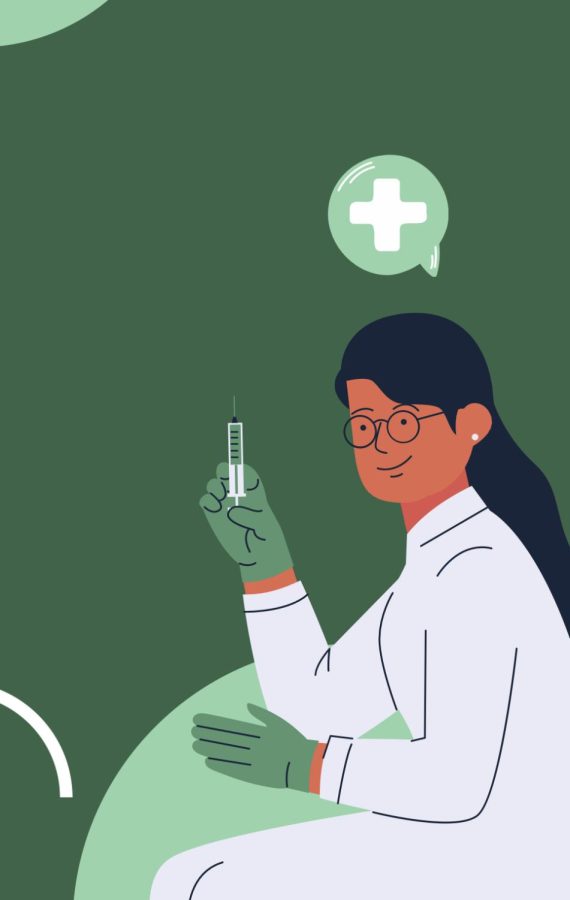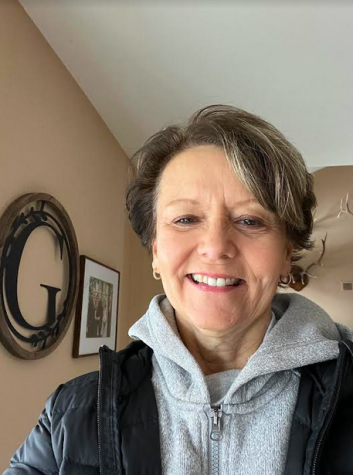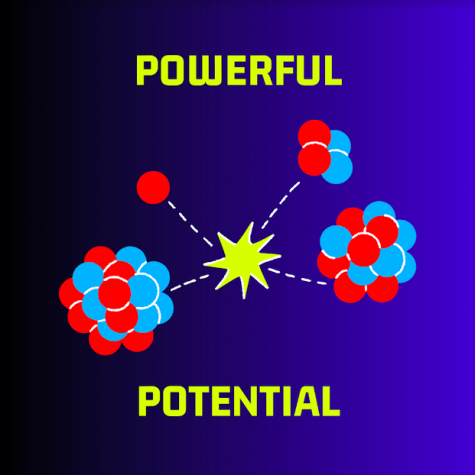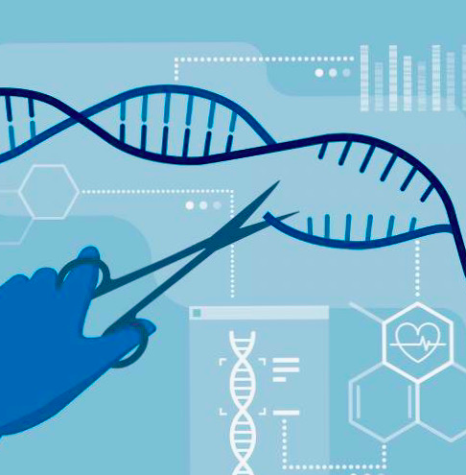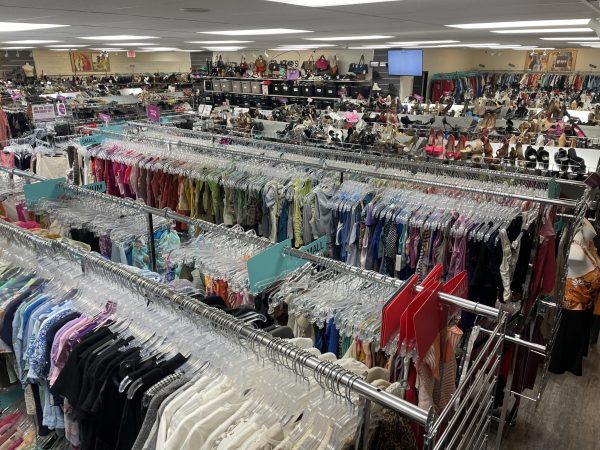‘Breaking Stereotypes with Women in STEM’ panelists explain why students should attend
Despite the progress made over the last several decades to encourage more women to pursue STEM fields, implicit gender bias and stereotypes still exist today, and the STEM field is still overrepresented by males.
Women in Science, Engineering and Research at Oakland University (OUWISER) — an organization focused on improving campus climate and supporting faculty at OU — is hosting a hybrid lunch event on Nov. 7 from 12-1 p.m. The panel will consist of three OU professors from different STEM fields: Dr. Sarah Beetham, Ph.D. (assistant professor of mechanical engineering), Dr. Elizabeth Delorme-Axford, Ph.D. (assistant professor in the biological sciences department) and Dr. Lisa Welling, Ph.D. (associate professor of psychology).
Each panelist briefly shared their studies and thoughts on the stereotypes against women in STEM.
Dr. Sarah Beetham, Ph.D.
In addition to her education in Mechanical Engineering and Scientific Computing, Beetham’s specific area of interest is understanding and predicting complex fluid flows relevant to society and the environment (for example, volcanic eruptions or the conversion of agricultural waste into biofuel). At OU, she teaches “Intro to Heat and Fluid Flow” (ME3500), “Intermediate Fluid Mechanics” (ME4515/5515) and “Computational Fluid Dynamics” (ME5510).
“Growing up, I was always very curious, and I loved math and science. When I was in middle school, my parents approached my teacher about advanced math and he responded, “What will she need algebra for?” That happened 25 years ago, but I think about it a lot, even now. It’s upsetting that it happened in the first place, but even more so that surely it happens to girls whose parents might not know to advocate for them like mine did.
“In my opinion, the lower representation of women is due to a few key factors: First, when girls don’t see women role models in STEM fields (in their personal lives, in the media, in popular culture), it’s harder for them to envision themselves in those roles. Next, encouragement is absolutely key. I think girls are often less encouraged than boys to pursue STEM fields even when they have an affinity for or interest in math and science. Last, I think STEM fields need a bit of a PR overhaul.”
Dr. Lisa Welling, Ph.D.
As a psychologist, Welling studies human mate choice with a special focus on hormonal mechanisms. She is specifically interested in romantic and sexual relationships, and how those relationships are impacted by our hormonal profile.
At OU, she teaches “Research Methods and Human Sexuality” at the undergraduate level, and “Human Sexuality and Hormones and Behavior” at the graduate level.
“Girls are taught to believe these stereotypes, so intervention is needed very early on. Also, it is unfortunately still true these days that scientific fields are often more hostile to women because they are more likely to have additional caring responsibilities that STEM careers are less likely to accommodate. This unfortunate lack of support leads to many women leaving STEM professions when they become or are thinking of becoming mothers.
“Science is best when people from diverse backgrounds and experiences work together. Different perspectives are incredibly valuable to advancing scientific knowledge. If women and minorities aren’t part of the conversation, we all lose out. I hope you will join us to discuss our experiences and your own.”
Dr. Elizabeth Delorme-Axford, Ph.D.
Delorme-Axford’s research study lies at the intersection of biochemistry and molecular cell biology, specifically focusing on autophagy — a cellular pathway of molecular degradation and recycling. This semester, she is teaching “Biochemistry I” (BIO 3232).
“One of the main reasons I am in STEM is that I like being in the lab, doing research and interacting with students. Having supportive mentors throughout every career stage is important.
“One of the key goals of my lab is to support a team environment that fosters equity and inclusion among members. In my biochemistry class, I highlight important discoveries made by different — and diverse — scientists, including women. Hopefully, this encourages students from all backgrounds to join STEM.”
This hybrid lunch event will take place both in person in Founders Ballroom C West on the Oakland Center’s top floor and via Zoom. Panelists will further discuss the challenges they faced and their journey to becoming professors in STEM.
The panel is free to attend and open to all students from all fields. Students interested can reserve their spots by filling out this form.
“I truly believe that in order for the culture to change enough to foster a more equitable number of women in STEM, we need male allies to step in and help make that change,” Beetham said. “If you are a male in STEM and you see bias happening, say something!
“Even very small things help,” Beetham continued. “If the only woman on your team is constantly tasked with being the social event planner or the meeting note taker, point it out and offer to do those tasks instead. These are small things that make a big difference.”



